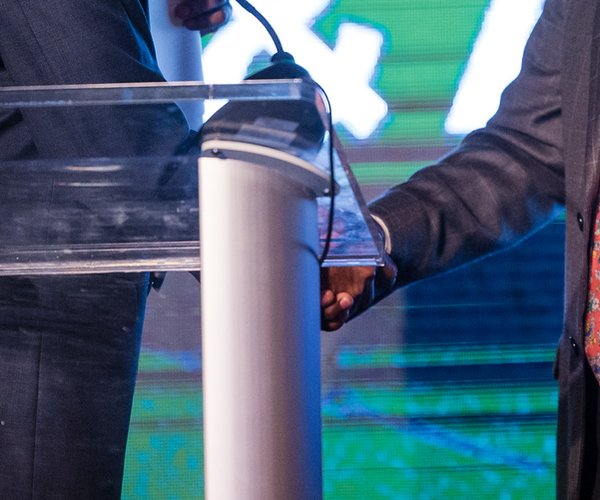Millions of Americans are unprepared for an economic emergency. Consider these statistics from the Federal Deposit Insurance Corporation (FDIC) and a survey by GoBanking Rates:
- Nearly 80 percent of American live paycheck-to-paycheck
- Only 21 percent of Americans have more than $10,000 in savings
- Nearly 60 percent of Americans have less than $1,000 in savings
- The median savings for all households is $5,200 – “median” means that half of all savers have less, half have more.
Not surprisingly, savings vary greatly by age and by income. Here are the details so you can evaluate how prepared you are for an unexpected dip in income or increase in expenses.
By age, the median savings are:
- $1,580 for those under age 35
- $5,000 for ages 35 to 44
- $6,500 for ages 45 to 54
- $8,500 for ages 55 to 64
- $10,000 for ages 65 to 74
- $11,000 for those 75 and older
By income, the median savings are:
- $500 for those with annual income under $25,000
- $1,500 when income is between $25,000 and $45,000
- $2,200 when income is between $45,000 and $70,000
- $5,400 when income is between $70,000 and $115,000
- $10,000 when income is between $115,000 and $160,000
- $50,000 for those with incomes above $160,000
Regardless of your age and your income, your goal should be to accumulate the biggest possible egg nest – and that means starting to save at an early age and continuing to save regularly.
To get started, here are five ideas. Each of these tips can help you save at least $100 a month – that’s more than $1,200 a year. And that can make an impressive difference for most families.
1. 52-Week Money Challenge – save $1 the first week, then add one dollar each week. For example, $2 the second week, $3 the third week, and so on until you put away $52 in the final week of the year-long challenge. Your savings will be $1,378.
Start a separate savings account at your bank for these deposits, then do not make any withdrawals – you will be pleasantly surprised by how fast the balance grows.
2. Change Jar – put all your spare change in a glass jar at the end of the day. It’s an old stand-by idea, but the new twist is to do it not just with coins but also with every $1 bill or perhaps even every $5 bill that’s in your pocket or purse every evening.
Again, start a separate savings account so you are rewarded by watching the balance increase steadily – and so you avoid the temptation of using this money for day-to-day spending.
3. Change Your Habits – Examples include:
- reducing by half your number of restaurant meals each month and instead preparing food at home
- taking your lunch to work every day instead of going out with colleagues
- eliminating or reducing expensive routines such as smoking cigarettes or daily coffee shop visits or after-work drinks at the local bar
- shopping for clothes less frequently and more carefully
4. Automatic Savings Deduction – arrange to have your employer deposit a certain amount from each of your paychecks directly into a bank savings account. The money is still very much yours, but you will be less tempted to spend dollars when you don’t have easy access to them.
5. Save Your Raise – next time you get a raise, don’t adjust your spending to the “new” income level. Instead, arrange to put every new dollar into a savings or investment account. Try this for two or three years – you will accumulate a significant amount of money while sacrificing little or nothing in your lifestyle.
Many of us are natural spenders; saving money requires deliberate and disciplined behavior. However, the benefits are well worth it – and as your savings grow, so will your peace of mind.
Navin Shah is Chairman of Royal Hotel Investments, which owns and operates two hotels in Covington and one in Conyers. He is also Vice Chairman of Embassy National Bank, a community bank in Lawrenceville that he helped establish in 2007 and has become one of the leading SBA “Preferred Lenders” in the southeast. He can be reached by e-mail at 1kingshah@gmail.com









